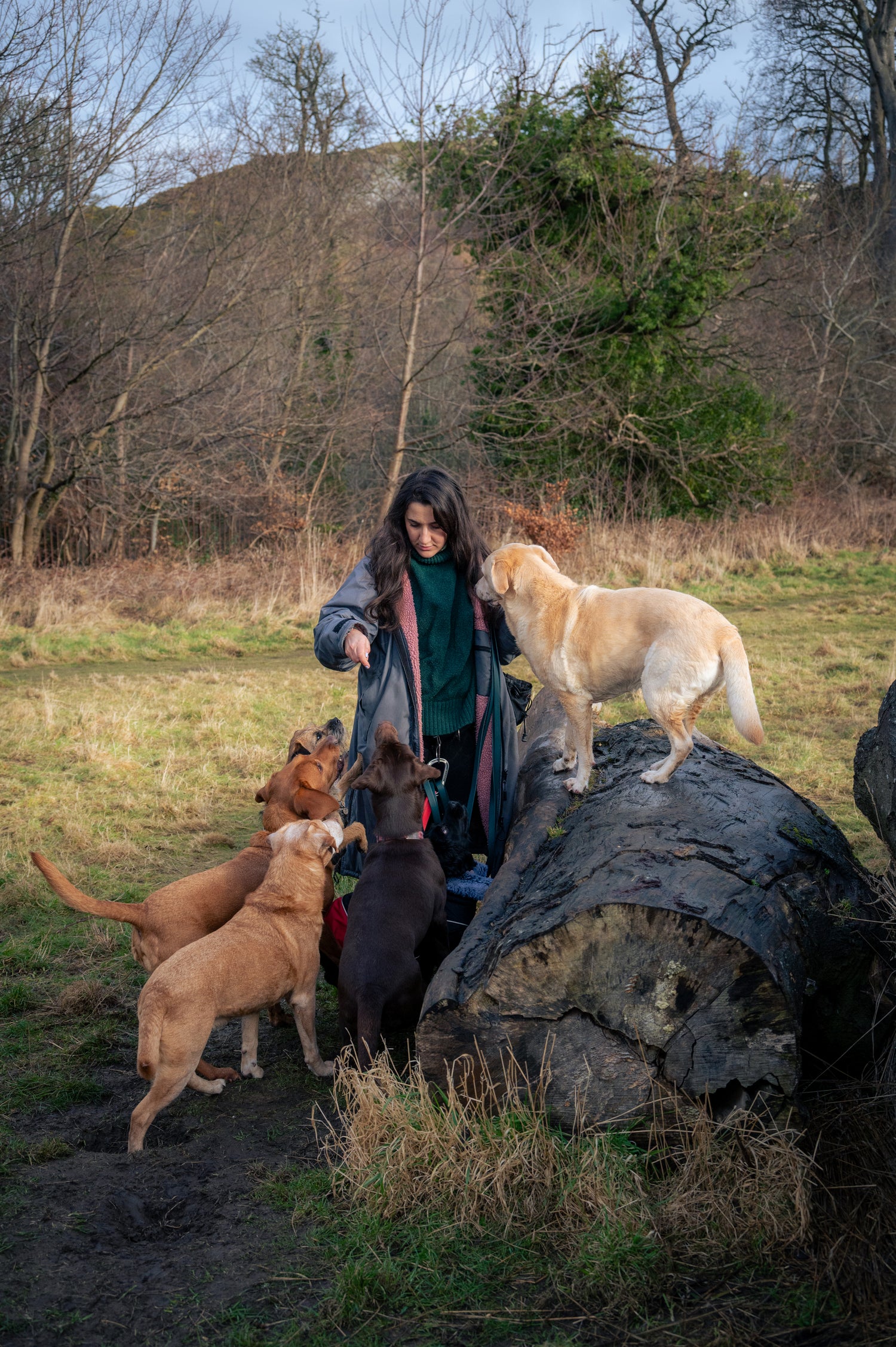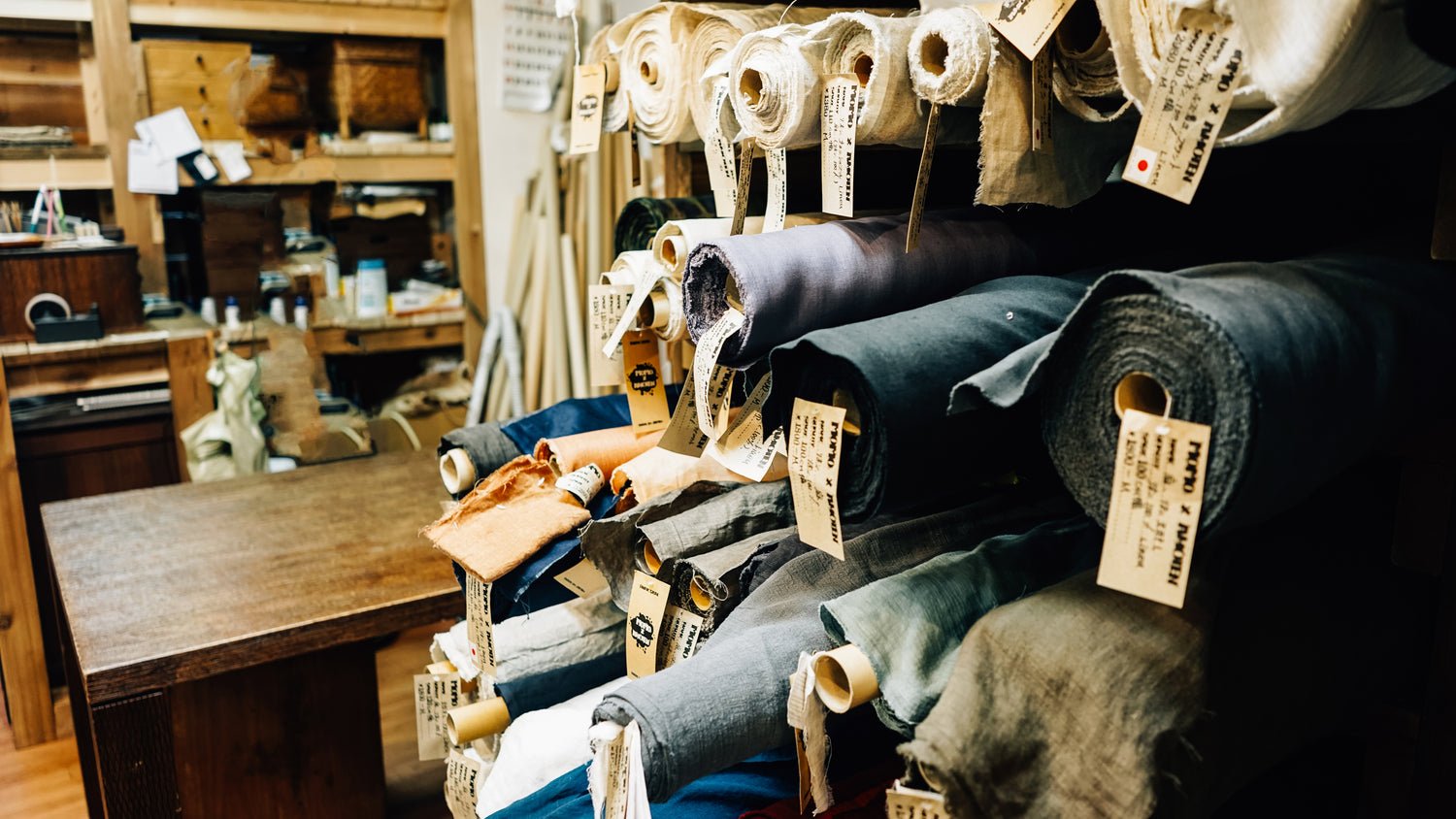About us

Who are we?
At Pawtenza, we believe in creating a better world for our dogs and our planet. The journey began with Linzi, our founder, who was in search of sustainable dog toys for the dogs she cared for in her dog walking, home boarding, and dog training business.
Linzi noticed a gap in the market: there were hardly any sustainable dog toys available, and most options were made overseas, contributing to a significant carbon footprint. Concerned about the environmental impact of these toys ending up in landfill, she embarked on a mission to source eco-friendly materials and transform them into dog toys.
Driven by aspirations to make positive change, Linzi envisioned a brand that not only brought joy to dogs but also raised awareness about the environmental stuggles we face and our planet's most vulnerable animals.
We are committed to continuously improving our circular practices, exploring innovative ways to incorporate unwanted materials into our products. Our dream is to one day implement a send-back scheme, allowing us to repurpose old toys into new ones, further reducing waste and promoting sustainability.
Together, we can make a difference. By choosing Pawtenza, you’re not just buying a toy; you’re supporting a movement towards a greener, kinder world. A portion of our profits goes towards protecting endangered animals and conserving natural habitats, ensuring a brighter future for all.

Our products
We chose to manufacture our natural rubber toys in China, where rubber trees are native. Our pangolin toys, however, are produced on a small scale in Scotland, UK.
Many dog toys on the market are made from plastics and fabrics that contain pesticides, chemicals and dyes which are harmful to humans, animals and the environment around us. That's why we choose certified GOTS and Oeko-Tex fabrics, ensuring our toys are free from toxic chemicals and safe for your dog to have in their mouth.
Using these certified materials guarantees that no harmful pesticides are used in production, safeguarding surrounding wildlife, preserving biodiversity, and protecting the workers in the fields from exposure to harmful chemicals.
